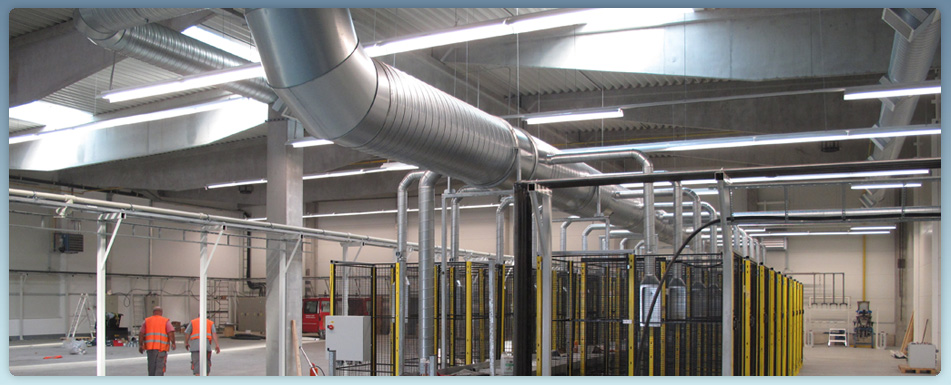What’s interesting these days is the way in which despite the fact that there are hundreds of online service providers offering comprehensive extraction system design, installation and maintenance services, only a small fraction of these are all they appear to be. Along with the companies that actually go about the process from start to finish – www.totalextraction.co.uk for example – there are so many others that are nothing more than middlemen who don’t personally provide any of the direct services at all.
Now, on the surface it might appear as though there’s no real difference – just as long as you get the job done, it doesn’t matter how it gets done, right? Well, there might be some truth in this way of thinking, but only for a business that isn’t really interested in things like quality, value for money, timely fulfilment and general satisfaction. If on the other hand these things do matter to you, there’s so much more to be said for going directly to the source and cutting out any and all middlemen across the board.

Here’s a quick overview of just a few of the ways you’ll benefit by keeping middlemen out of the equation:
1 – The Lowest Prices
Perhaps the most obvious and immediate of all benefits is that of making sure you pay the lowest possible price for your system’s installation and maintenance alike. The reason being that when you buy directly from the source, you pay the price of the system or the maintenance costs and nothing more. However, when you go through a third-party middleman for any given reason, it’s to be expected that they’re going to jack up the price at least a little in order to pay themselves a wage. It’s not as if they’re going to be in the habit of working for free, so technically all you’re doing is putting extra cash into a person’s pocket with whom you really don’t need to be dealing with at all…so don’t.
2 – The Highest Quality
One of the biggest problems in dealing with middlemen is the way in which you essentially have no way of guaranteeing that the end result will be one of any kind of quality. The reason being that while some will indeed search high and low to get the best results for their clients, others are more than happy to outsource to the lowest possible bidder in order to make as much money as possible at the expense of quality. When using a middleman you really have no say in the quality of the overall outcome – by going direct you have full control of the quality of the products and services you seek.
3 – The Fastest Results
When you buy these kinds of things via a middleman, you effectively add another link to the supply chain through which the whole process must be passed. As a result, you make it twice as complicated to get the order to the actual supplier in the first place and double your risk of some kind of delay creeping into the process along the way. Instead of ordering direct, you ask another person or persons to order on your behalf – a wholly unnecessary complication that’s guaranteed to lead to delays and complications.
4 – The Best Aftercare
Speaking of complications, another pitfall of dealing with third-party middlemen is the way in which they may be more than adept at placing orders, but when it comes to answering complex questions on the subject at hand, not so much. Instead, if and when you have a question to ask or a problem to address further down the line, rather than going directly to the source you may have to relay every last bit of communication via a middleman, who may frankly not give you or your business any kind of priority. So, for the sake of your brand’s best interests long term, go direct to the source.
5 – A Single One-Stop Partner
Last but not least, there’s so much to be said for teaming up with a single market leading brand that’s capable of taking care of everything. From the first consultation to design to installation to aftercare and maintenance, having one trusted partner to call upon is always the best way to go. By contrast, a middleman may involve multiple wholly unconnected service providers for the sake of keeping costs to a minimum, which in turn is guaranteed to make it exponentially more difficult further down the line when additional services are needed.